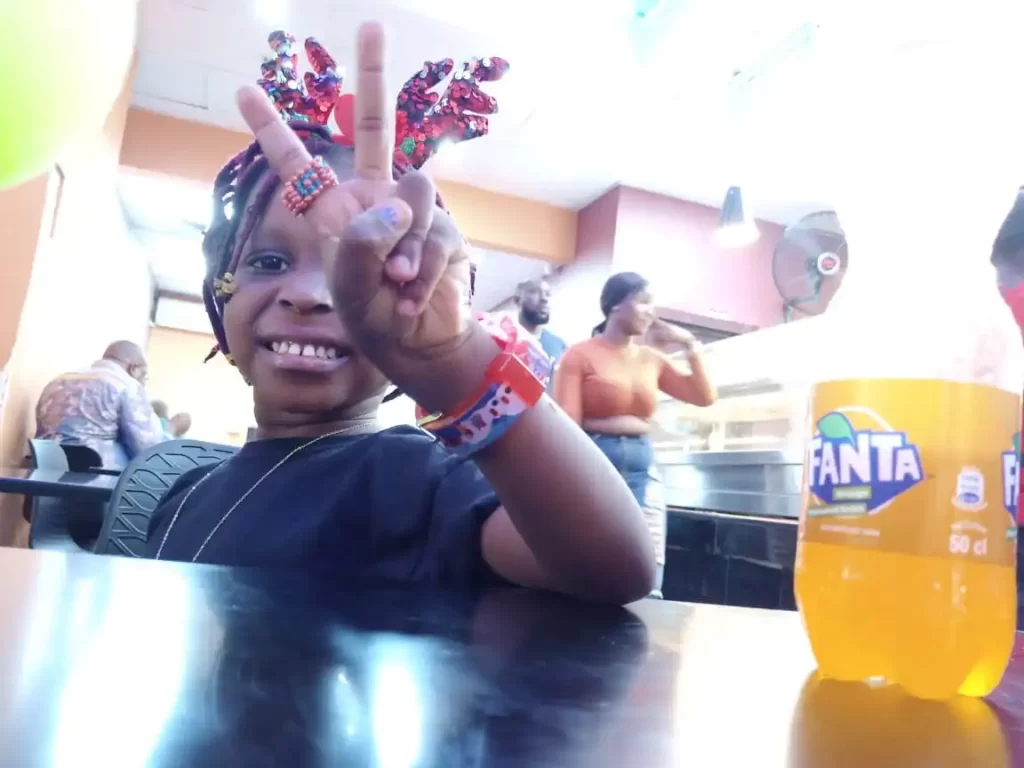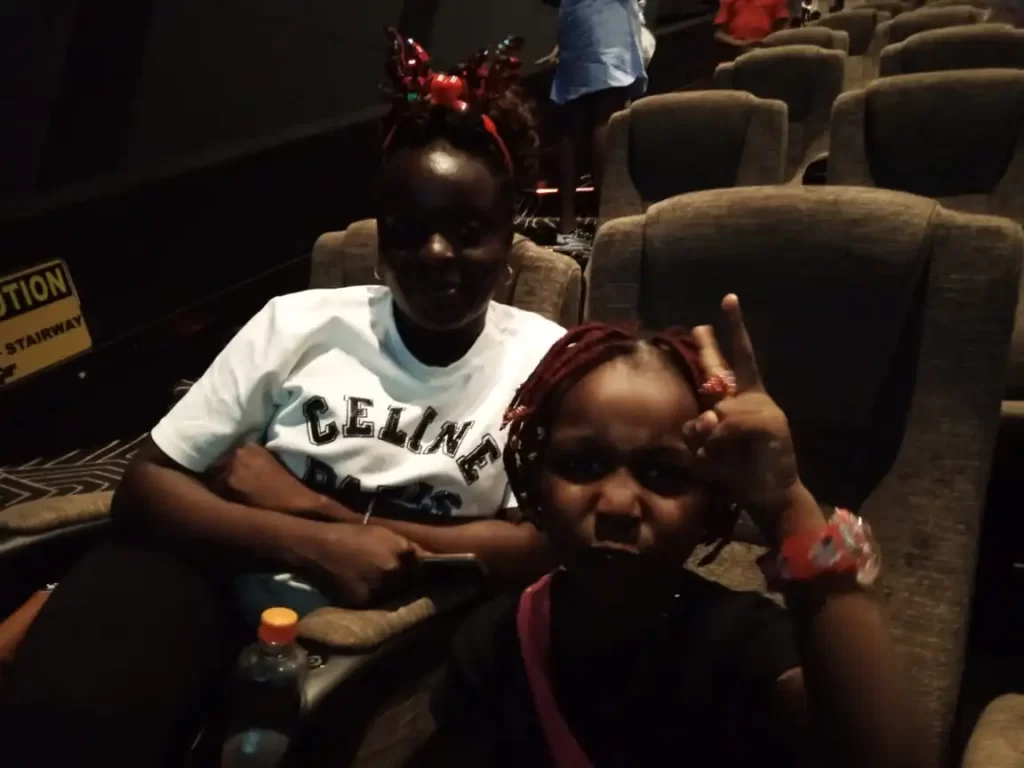
7 Reasons Kids Should Use Social Media
Millions of individuals of all ages use social media platforms to connect, share, and interact with others, and it has become an essential part of our everyday lives. However, a lot of parents are hesitant and worried about their kids using social media. Although it makes sense to want to keep our kids safe, letting them use social media has a lot of advantages. We’ll look at seven strong arguments in this blog article for parents to think about allowing their children to use social media.
Building Digital Literacy and Navigational Skills

In today’s digital age, proficiency in navigating online spaces is as essential as reading and writing. Allowing children to use social media under supervision can help them develop crucial digital literacy skills early on. They learn to discern reliable from unreliable information, understand the basics of online privacy and security, and navigate various digital platforms. These skills are foundational for academic research, critical thinking, and participating responsibly in digital communities. Engaging with social media also offers practical experience in using technology, setting the groundwork for lifelong digital competence.
Enhancing Communication and Social Skills
Social media platforms provide a unique environment for children to enhance their communication and social skills. Through interactions with peers and broader communities, kids can learn the nuances of digital communication, such as tone and context. Engaging in conversations online helps them develop empathy by understanding diverse viewpoints and practicing supportive behaviors. Additionally, these platforms can offer shy or introverted children a space to express themselves more freely, helping to build their confidence in social situations. By navigating these social dynamics under parental guidance, children can cultivate meaningful relationships and improve their interpersonal skills in a digital age.
Access to Educational Content and Resources

Social media is not just about socializing; it’s a treasure trove of educational content and resources. Children have the opportunity to follow and interact with educational accounts, ranging from science experiments and math puzzles to history facts and literature discussions. This not only supplements their school learning but also sparks curiosity and encourages self-directed exploration. Platforms like YouTube and Instagram offer visual and interactive ways to grasp complex topics, making learning more engaging and accessible. By exploring these resources, kids can deepen their understanding of subjects they’re passionate about and discover new areas of interest.
Encouraging Creativity and Self-Expression
Social media serves as a canvas for children’s creativity, allowing them to share art, music, writing, and other creative endeavors with a wider audience. It empowers them to experiment with their self-expression in a supportive environment, receiving feedback and encouragement. This creative freedom not only boosts their confidence but also enhances their problem-solving skills and innovation. By engaging in various forms of digital creativity, children learn to appreciate their unique voice and perspectives, fostering a sense of identity and self-worth that transcends the online world.
Learning About Different Cultures and Perspectives

Social media bridges geographical gaps, connecting children with peers from around the globe. This virtual interaction exposes them to a variety of cultures, traditions, and viewpoints, broadening their understanding of the world. By engaging with content from diverse communities, kids gain insights into lifestyles, challenges, and achievements different from their own, cultivating empathy and global awareness. These experiences encourage open-mindedness and tolerance, essential qualities in our increasingly interconnected world. Through thoughtful engagement, children learn the value of diversity and the importance of inclusivity in building harmonious societies.
Developing a Positive Digital Footprint
In the digital era, a positive online presence can open doors to future opportunities. By engaging on social media, children can begin to build a digital footprint that reflects their interests, achievements, and the positive impact they’ve made online. Learning to curate content that showcases their talents and contributions responsibly helps them understand the long-term implications of their online activity. This foresight can be invaluable in later life, as colleges and employers increasingly look at online profiles. Early guidance in managing a digital footprint teaches children the importance of personal branding and online reputation management.
Preparing for the Future Job Market
As the job market evolves, a strong presence and savvy skills in social media are becoming increasingly valuable. By navigating social media platforms, children learn about personal branding and network building—key aspects in many modern careers. This early exposure prepares them for professions that require digital communication proficiency and social media marketing acumen. Moreover, understanding the dynamics of online collaboration and community engagement can set them apart in a competitive job landscape, making them adaptable and forward-thinking candidates for future employment opportunities. 7 Reasons Kids Should Use Social Media.








